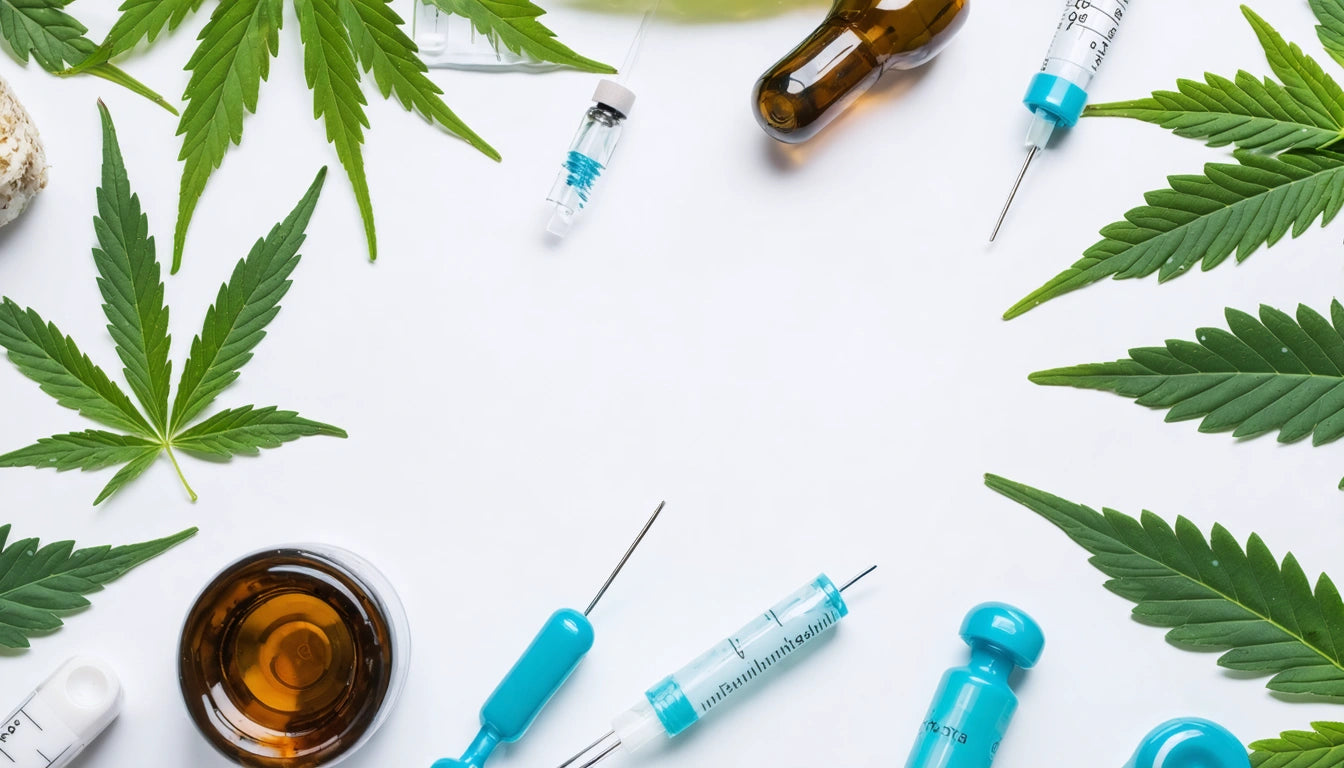Table of Contents
How to Obtain a Prescription for Medical Marijuana
Navigating the process of getting a prescription for medical marijuana can seem daunting, but with the right information, it becomes much more manageable. Medical marijuana has gained recognition for its therapeutic benefits in treating various conditions, and more states are establishing legal frameworks for patients to access it. This guide will walk you through the essential steps to obtain a medical marijuana prescription legally and efficiently.
Understanding Medical Marijuana Prescriptions
First, it's important to understand that technically, doctors don't issue "prescriptions" for medical marijuana in the traditional sense. Due to federal regulations, physicians provide "recommendations" or "certifications" that allow patients to access medical cannabis. These documents serve the same purpose as prescriptions but use different terminology to comply with federal law.
The process typically involves obtaining a medical marijuana card or certification that allows you to purchase products from licensed dispensaries. Each state has its own system, but the fundamental steps remain similar across jurisdictions.
Qualifying Conditions for Medical Marijuana
Before seeking a prescription for medicinal weed, verify that your condition qualifies under your state's regulations. While these vary by location, some commonly approved conditions include:
- Chronic pain
- Cancer
- Epilepsy and seizure disorders
- Multiple sclerosis
- PTSD (Post-Traumatic Stress Disorder)
- Glaucoma
- HIV/AIDS
- Crohn's disease and inflammatory bowel conditions
- Parkinson's disease
- Severe nausea
Research your state's specific list of qualifying conditions through the health department website or state-specific medical marijuana card guides. Some states have broader qualifying criteria than others, and many continue to expand their lists as research advances.
Finding a Doctor Who Can Prescribe Medical Marijuana
Not all physicians can recommend medical marijuana. To get prescribed weed legally, you'll need to find a doctor who:
- Is licensed in your state
- Is registered with the state's medical marijuana program
- Has the appropriate certifications to recommend cannabis
You can locate qualified doctors through:
- State medical marijuana program websites
- Medical marijuana clinics and evaluation centers
- Referrals from your primary care physician
- Online directories of cannabis-friendly doctors
Many patients find success with specialized cannabis clinics that focus exclusively on evaluations for medical marijuana. These clinics often have streamlined processes and staff who are knowledgeable about which doctors can prescribe medical marijuana in your area.
Always verify a doctor's credentials and registration with your state's medical cannabis program before scheduling an appointment.
The Consultation Process
Preparing for Your Appointment
When seeking to get a weed prescription, preparation is key. Before your appointment:
- Gather your medical records documenting your qualifying condition
- Bring a list of current medications
- Prepare to discuss previous treatments and their effectiveness
- Consider your specific symptoms and how they affect your daily life
- Bring identification and proof of residency
During the Consultation
The doctor will evaluate your condition and medical history to determine if medical marijuana is appropriate for your situation. Be honest about your symptoms and previous treatments. The physician may discuss:
- Potential benefits and risks of medical cannabis for your condition
- Different consumption methods and their effects
- Dosing guidelines and recommendations
- Possible drug interactions with current medications
If approved, you'll receive documentation that allows you to register with your state's medical marijuana program. Some states offer same-day approvals, while others may require additional processing time.
State-Specific Requirements
The process to get a prescription for medical weed varies significantly by state. Some states have more stringent requirements than others. Common variations include:
- Application fees (typically $50-$200)
- Registration processes
- Renewal periods (usually annual or biennial)
- Purchase limits
- Caregiver designations
For example, Florida has a specific process for legally obtaining medical marijuana that differs from California's system. Research your state's specific requirements through official government websites or comprehensive guides to obtaining medical cannabis prescriptions.
After Obtaining Your Prescription
Visiting Dispensaries
Once you have your medical marijuana card or certification, you can visit licensed dispensaries in your state. When visiting for the first time:
- Bring your medical marijuana card and government-issued ID
- Ask about first-time patient discounts or programs
- Consult with dispensary staff about products appropriate for your condition
- Start with lower doses and potencies if you're new to cannabis
Many dispensaries offer consultation services with knowledgeable staff who can guide you through product selection based on your doctor's recommendations. For those interested in pre-rolled options, custom pre-roll solutions are available at many dispensaries, offering convenient and precisely dosed medication options.
Understanding Dosing
Your doctor may provide general dosing guidelines, but finding the optimal dose often requires some trial and adjustment. The common advice is to "start low and go slow," especially for new users. Keep a journal of:
- Products used (strain, THC/CBD content)
- Dosage amounts
- Effects experienced
- Symptom relief
- Any side effects
This information will help you and your doctor refine your treatment plan during follow-up appointments.
Patient Resources and Future Developments
As medical marijuana continues to gain acceptance, more resources become available to help patients navigate the process. Patient advocacy groups, online communities, and educational websites can provide valuable support and information about how to get prescribed medicinal weed in your area.
The landscape of medical marijuana is constantly evolving, with new research, changing regulations, and expanding access. Staying informed about developments in your state's program is essential for maintaining legal access to your medication.
Additionally, as federal regulations continue to evolve, we may see more standardized processes emerge across states, potentially simplifying how to get a weed prescription in the future. Until then, following your state's specific guidelines remains the most reliable path to legally accessing medical marijuana.











Leave a comment
All comments are moderated before being published.
This site is protected by hCaptcha and the hCaptcha Privacy Policy and Terms of Service apply.